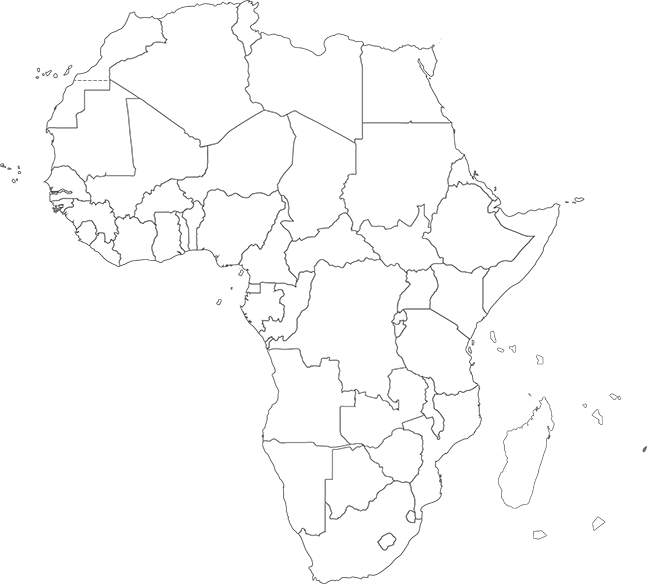The Gabonese president was personally involved in the talks between parties leading up to the senatorial elections of 8 and 25 November. He has heavily favoured his own party, the Union Démocratique des Bâtisseurs, which, after securing an overwhelming majority in the National Assembly, is expected to do the same in the Senate.
As protests sweep Cameroon, President Paul Biya's government is struggling to restore order while preparing for his re-inauguration on Thursday. Rebellion is meanwhile brewing within the country's ruling party.
Paul Biya's opponent, who claims to be the winner of Cameroon's 12 October presidential election, has expanded his support base from the trading clans of the Far North to elites across the country. He also relies on Fulani connections and, thanks to his family, has support in West Africa.
The French cooperation agency oversees a growing number of security-related projects in Africa. With European funding, it helps governments across the continent in the fight against terrorism, maritime security, intelligence and new cyber threats.
The former head of state is no longer hiding his ambition to return to power. He is working on a strategy for the presidential elections planned for 2029 and is trying to reorganise his party along with a few figures who, for the most part, served in his administration.
The former opponent was closely following the developments in the political situation in South Sudan for which he had been William Ruto's special envoy. Previously involved in the matter, Kalonzo Musyoka could be asked to step back in.
The release of Muammar Gaddafi's son, who has been detained for 10 years, is conditional on a large bail payment demanded by the Lebanese courts. However, this sum could soon be reduced or even cancelled altogether.

